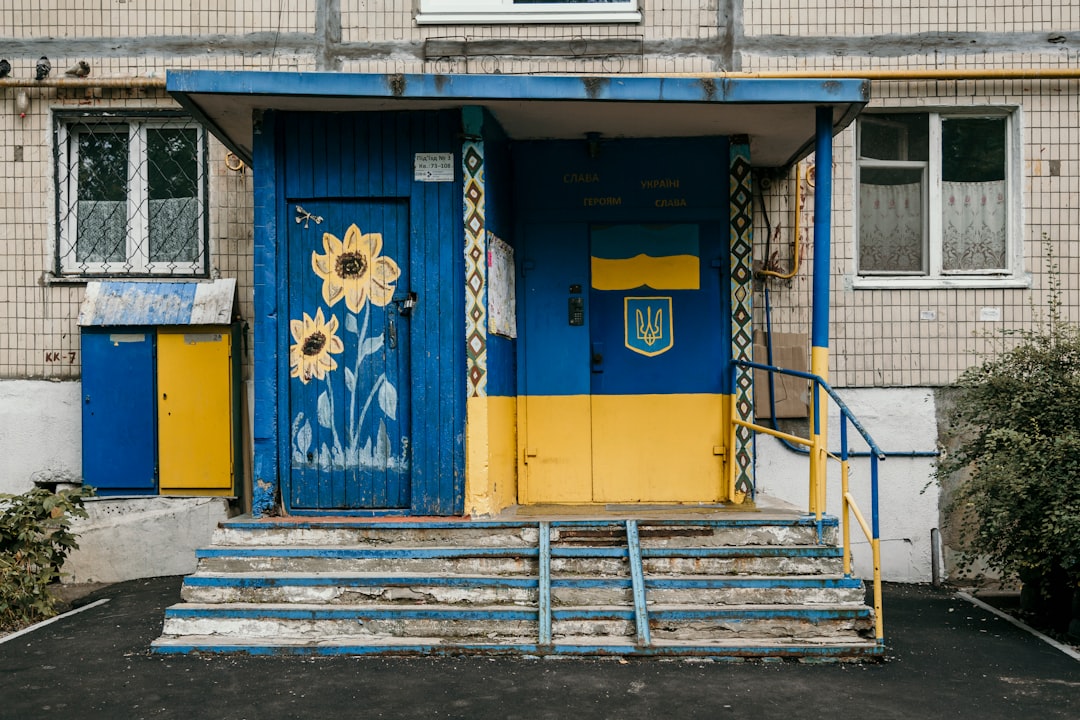
This past weekend I ate at the picturesque Bulgarian seaside town of Nessebar. Surrounding us were multiple tables of Russians, who appeared to be enjoying a Black Sea holiday. They laughed and indulged without any apparent care that a war was raging in Ukraine further up the Black Sea coast.
I often read a…
Keep reading with a 7-day free trial
Subscribe to PolisPandit to keep reading this post and get 7 days of free access to the full post archives.


